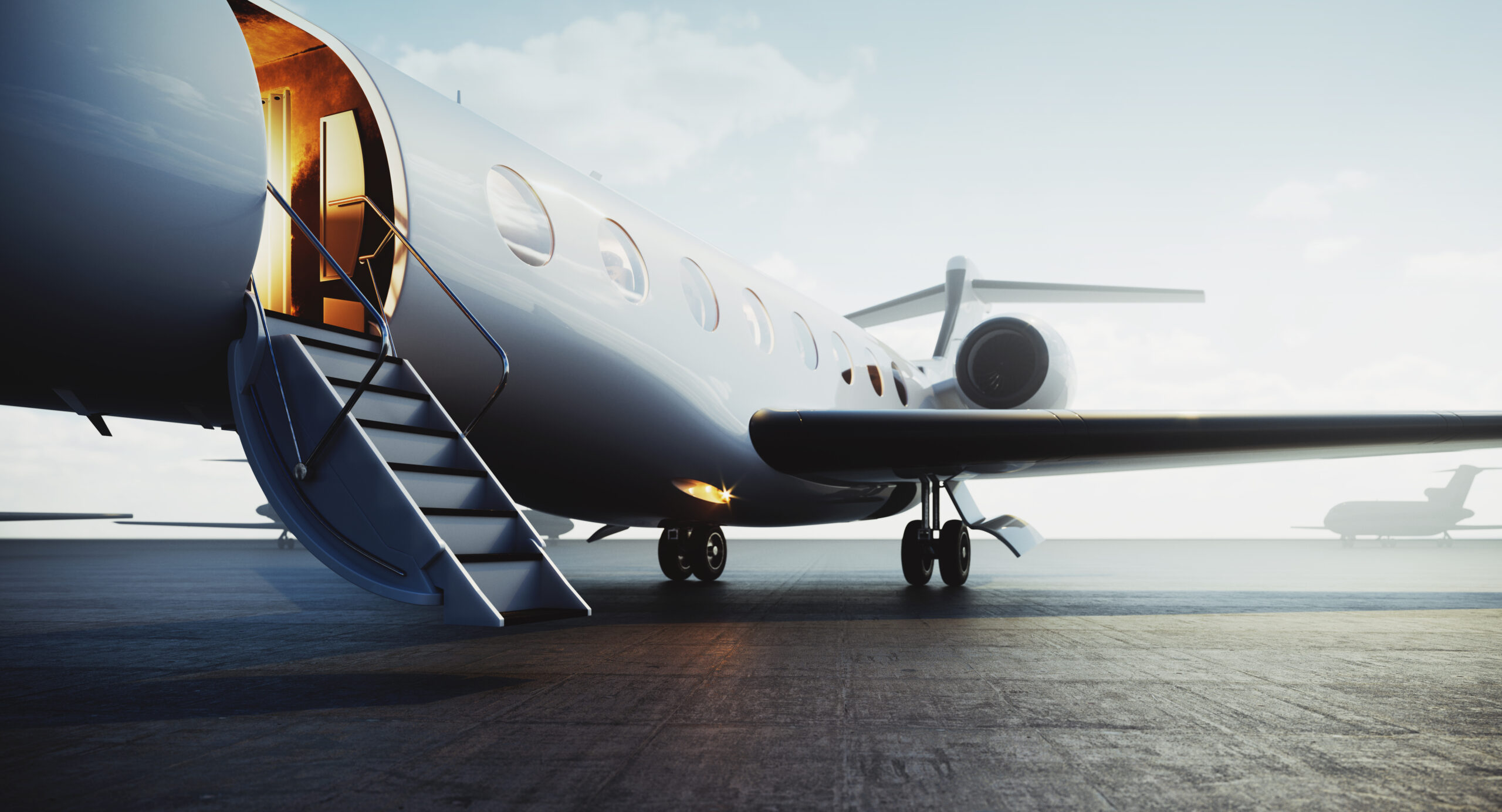The aviation industry is undergoing a transformative era, marked by groundbreaking innovations in aircraft design, sustainable technologies, and urban air mobility solutions. Here’s an overview of the latest developments propelling aviation into the future.
Revolutionary Aircraft Designs
Delta Air Lines has partnered with JetZero to develop the Z4, a blended-wing-body aircraft aiming for net-zero carbon emissions by 2050. This design promises up to 50% greater fuel efficiency compared to traditional planes, accommodating over 250 passengers with reduced fuel requirements and noise levels. The Z4 is expected to feature wider boarding doors, six interior aisles, and a futuristic cabin layout, with a demonstrator anticipated by 2027. Houston Chronicle
Fleet Modernization Initiatives
Several airlines are investing in next-generation aircraft to enhance efficiency and passenger experience:
- Korean Air is finalizing a $32.7 billion agreement to procure 20 Boeing 777-9 and 20 787-10 planes, with options for ten more. This strategic move underscores the strengthening ties between the U.S. and South Korea and reflects the airline’s commitment to modernizing its fleet.
- Malaysia Aviation Group, the parent company of Malaysia Airlines, plans to purchase 30 Boeing 737 aircraft, scheduled for delivery in 2029. This acquisition aims to rejuvenate the airline’s fleet and support its recovery, with options to acquire an additional 30 jets based on market conditions.
Urban Air Mobility and Air Taxis
The concept of air taxis is transitioning from science fiction to reality:
- Virgin Atlantic has partnered with Joby Aviation to introduce electric-powered air taxis in the UK. These four-seater vehicles can reach speeds up to 200 mph and cover 150 miles per charge, offering rapid transfers from airports to city centers—such as an eight-minute journey from Heathrow to Canary Wharf. Pending regulatory approval, this service could revolutionize urban mobility and reduce travel times significantly.
Sustainable Aviation Fuel (SAF)
The industry’s commitment to environmental sustainability is evident through the adoption of Sustainable Aviation Fuel (SAF). SAFs are produced from renewable resources and can significantly reduce carbon emissions compared to conventional jet fuels. Airlines are increasingly integrating SAFs into their operations to meet global sustainability goals.
Advanced Air Mobility (AAM)
Advanced Air Mobility encompasses the development of new aircraft types, such as electric Vertical Take-Off and Landing (eVTOL) vehicles, aiming to transform short-distance travel and cargo delivery. Companies worldwide are investing in AAM technologies to create efficient, sustainable, and accessible air transportation solutions.
The aviation industry stands at the cusp of a new era, driven by innovations in aircraft design, sustainable fuels, and urban air mobility solutions. These advancements not only aim to enhance passenger experience but also address environmental concerns, paving the way for a more efficient and eco-friendly future in air travel.
Recent Innovations in Aviation: New Aircraft and Air Mobility Solutions
Delta plans to take on the future of flying with ‘blended-wing-body’ aircraft
YesterdayReutersKorean Air to finalise Boeing plane order soon, highlighting US-S.Korea tiesTodayThe VergeJoby will launch UK air taxi service with Virgin Atlantic5 days ago


Utterly written content, Really enjoyed reading through.